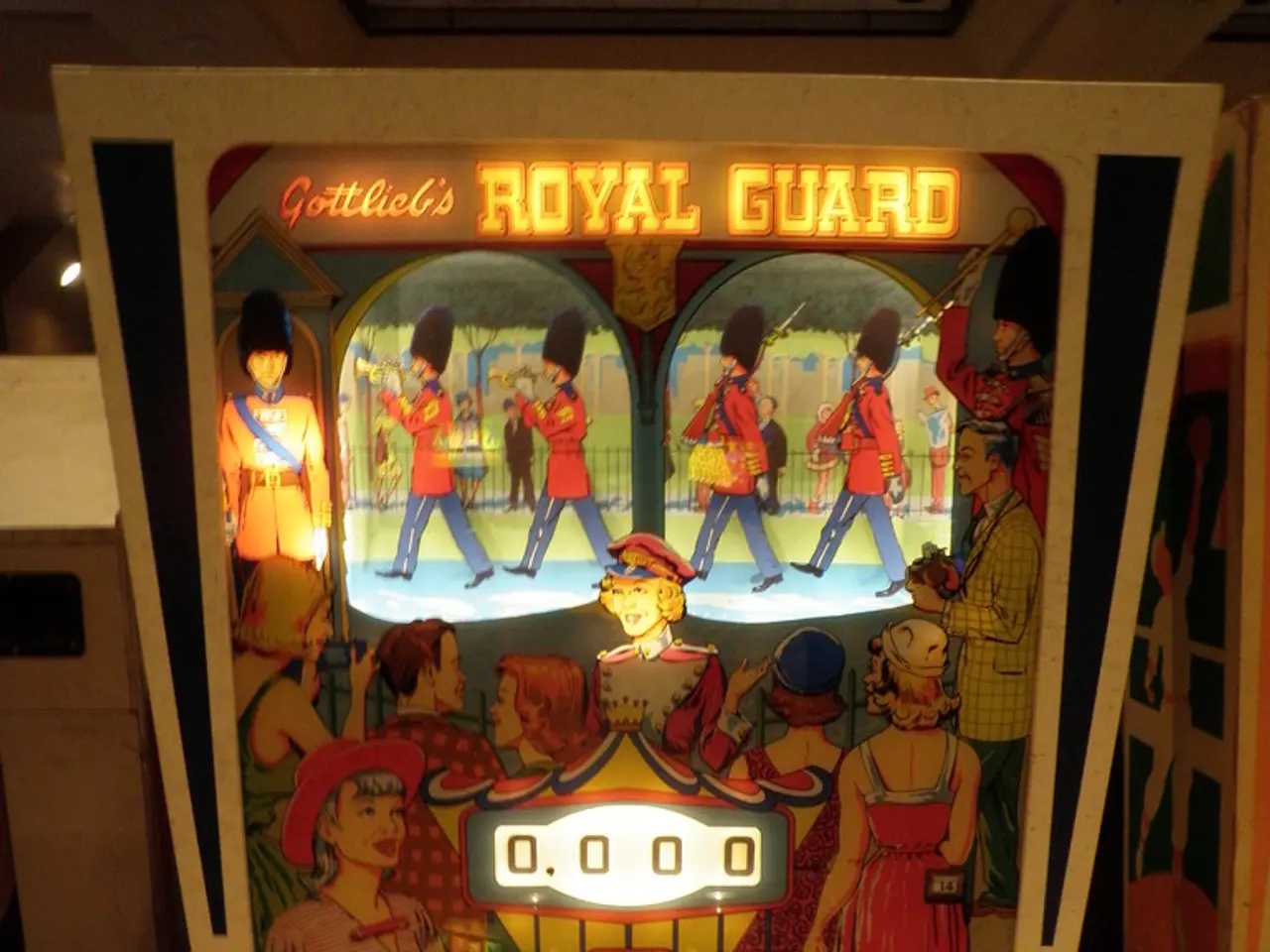Gold Rush Files a Lawsuit against Illinois Parties, Accuses Gaming Cafes and a Competitor of Collusion
In a surprising turn of events, gaming terminal operator Gold Rush Gaming has filed a lawsuit against the Stella's and Shelby's chain of gaming cafes in Illinois. The lawsuit, filed in January 2019, accuses the cafes of violating anti-inducement rules and breaching the terms of their contract.
According to the lawsuit, Gold Rush had arrangements with 44 of these venues since 2013. However, in November 2018, Gary Leff, on behalf of Laredo, sold 63 Chicago area Stella's and Shelby's locations to Daniel Fischer for $2 million, while Midwest SRO paid Laredo more than $44.5 million for the same locations. Gold Rush claims this transaction was part of an elaborate scheme to remove its machines from these locations.
The new contract provisions stipulated that the units could terminate the contracts without cause with six months written notice, and the change of control provision was also amended. Gold Rush alleges that this transaction violates these contractual terms and runs afoul of the Illinois Video Gaming Act.
Under Illinois law, the state taxes the machines' net income at 30 percent, with 5 percent going to the municipality where the game is located. Scientific Games receives less than a one percent share of the proceeds, and the remainder is split evenly between the host facility and the vendor. Gold Rush claims that the transaction was designed to unfairly benefit the new owners at its expense.
The lawsuit also names Allyson Estey, principal for Midwest SRO, and Charity Johns, who served as Laredo’s CEO before taking over the same position at ICSC, as third-party defendants. Gold Rush seeks compensatory and punitive damages, interest, recoupment of attorneys' fees and costs, and other awards the court may consider appropriate.
The Illinois Gaming Board (IGB) regulates all aspects of video gaming terminals, including adherence to rules that prevent one entity from unduly influencing or integrating vertically across the supply chain in ways that could distort competition or encourage unethical inducements. Anti-inducement rules are intended to restrict practices where one party might offer incentives or share profits in a way that conflicts with fair competition or regulatory compliance.
The scheme was uncovered after a judge removed confidentiality restrictions from documents between Fischer's Illinois Cafe & Service Company, Midwest SRO, Laredo Hospitality Ventures LLC, and ICSC (which owns the Dotty's chain of gaming cafes in Illinois). The countersuit gives only one side of the case, and attempts to reach the defendants were unsuccessful.
This case highlights the importance of clear, consistent, ethical, and transparent rules in the gaming industry, as enforced by the Illinois Gaming Board. For precise statutory provisions or administrative rules, the Illinois Video Gaming Act and Illinois Gaming Board regulations should be consulted directly, as they govern licensing, conduct, and commercial arrangements in the state's gaming industry.
- Gold Rush Gaming alleges that the sale of 63 Stella's and Shelby's locations in Chicago to Daniel Fischer in November 2018 was part of an elaborate scheme designed to remove sports-betting and racing machines, including horse-racing terminals, from the locations where Gold Rush had arrangements since 2013.
- The lawsuit filed by Gold Rush against Stella's and Shelby's chain of gaming cafes in Illinois also claims that the new contract provisions, which stipulated that the units could terminate the contracts without cause with six months written notice, were violated in this transaction, running afoul of both the Illinois Video Gaming Act and anti-inducement rules intended to uphold fair competition and regulatory compliance in sports-betting and other gaming activities.





